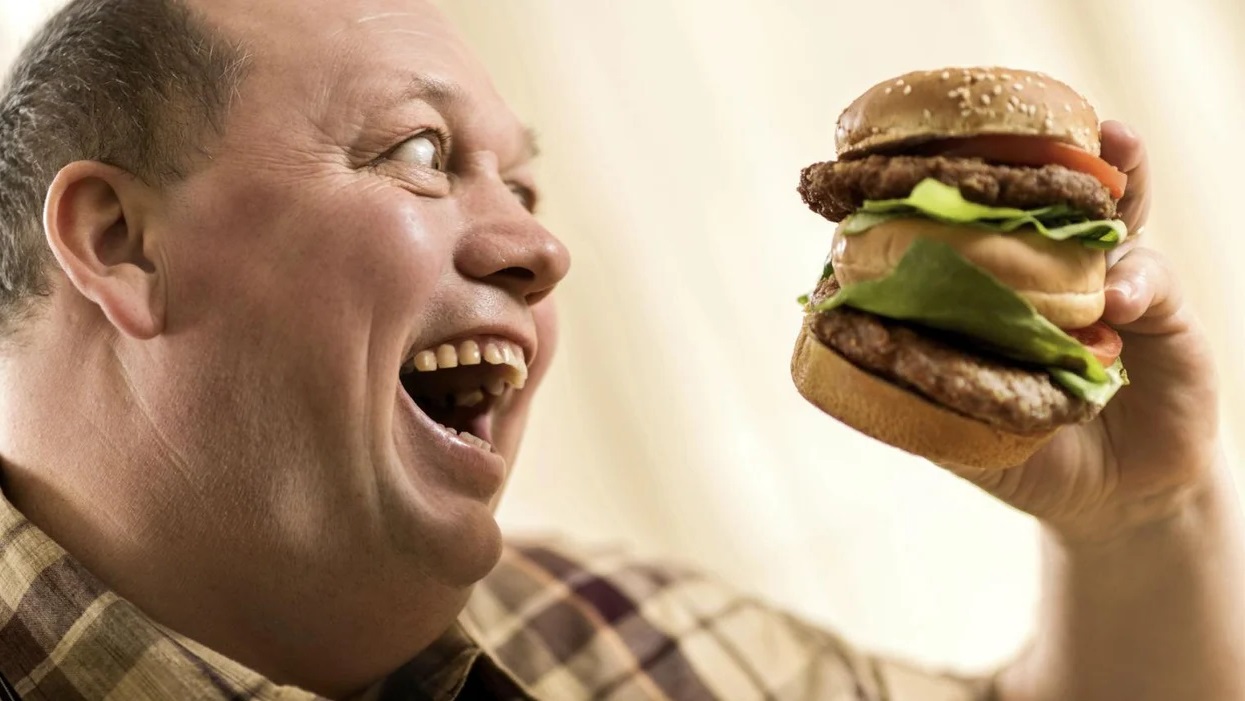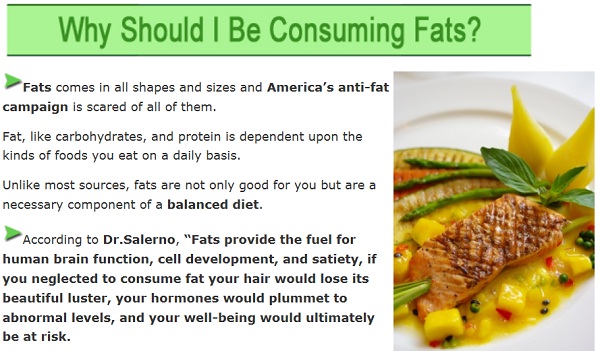When Dr. John Salerno – a protégé of “Atkins Diet” creator Dr. Robert Atkins – testified before the U.S.D.A. about plans for its most recent Food Pyramid revision, he spoke his mind: The food industry is corrupt and has supported recommendations that do not support the population’s health.
“Hidden sugar, preservatives and highly processed white starch are what are really causing our health epidemic in the United States and Canada, Mexico, Australia and the United Kingdom,” says Salerno, author of “The Silver Cloud Diet,” (www.thesilverclouddiet.com). “Obesity, diabetes, heart disease, cancer and Alzheimer’s disease are killing this country, and it’s not because people are eating too much organic natural fats.”
Since the initial popularity of the Atkins food plan some years ago, however, there have been critics of the low-carbohydrate diet.
The science was and is sound, says Dr. Salerno, who worked closely with Atkins on research. The problem was that the diet itself was not sustainable.

“The basic principles needed revision both to make the diet sustainable and to take into account the foods available today,” he says. How does a low-carb diet work? Salerno answers the most frequently asked questions:
• How is a low-carb diet today different from the Dr. Atkins plan? Thirty years ago, the food supply was less degraded. Now, low-carb dieters have to be more proactive about selecting chemical-free foods that are not highly processed. There are many more farming techniques today that introduce unnatural elements into our meats and vegetables, and there are many, many more highly processed foods on store shelves. We need to be vigilant about preservatives and additives; hormone-infused meat can wreak havoc on a body.
• What’s the first step? The Fat Fast Detox quickly puts one’s body into fat-burning mode. Adhering to the carb-free diet for two weeks will have participants losing five to 15 pounds and two inches from the waistline. Breakfast, for example, could include two large organic eggs and a side of bacon, sausage or ham, which can be washed down with coffee or tea with cream and sweetener.
• What about eating out? Sustaining a low-carb diet is pretty simple when eating at restaurants. Take the burger out of the bread and skip the French fries. You’re good to go with grilled fish, roast chicken, pot roast, pork tenderloin, shrimp, scallops and pates.
• How can you eat on the run? A small amount of planning goes a long way. Boil eggs and keep them on hand for long car trips and office snacking. Add to that list jerky salmon, nuts and string cheese. These foods are dense with nutrients.
• Where can you find “clean” foods? Buy as “close to the ground” as possible, meaning choose organic produce, eggs and dairy. Inquire at farmer’s markets where they grow crops. Find a local provider for meats and fish if possible.
• Can you eat cake on a low-carb diet? As your health and vitality improves with lost weight and increased activity, you can introduce more carbohydrates into your diet.
• Are low-carb meals safe for family members who do not need to lose weight? What’s good for you – a broad and varied diet of unprocessed foods – is good for your family!
• When is the diet over? Eating foods that are healthy, unprocessed and natural is something you should never stop doing. However, if you feel you’re starting to gain excess weight, go on a detox regimen by cutting out carbs completely for one week.
• So, fat is good for you? Natural fat is the most nutrient-dense food there is. It’s lubricates your joints and helps your brain function at its best. It also keeps your hair shiny and helps prevent wrinkles. When you cut out processed carbs from your diet, you don’t need to worry about natural fat, which is an appetite suppressant.
For the Silo, Dr. John Salerno.


Nice recipe
Hey, you make a great job with https://www.thesilo.ca. The article about Silver Cloud Diet- We all should be consuming fats but Kiss you all!!!
Kiss you all!!!
not GMOs helps me and my friend Julienne a lot in our Weight Loss.
We have had a Custom Keto Diet plan from here: http://keto-diet.center
You can have it too! Life is so beautiful, I am so
happy!
The Atkins diet promises that not only will you lose weight — and not be hungry — with a low-carbohydrate diet, but you’ll also be on the road to better heart health and memory function, as well as other wellness benefits.’,*`
See ya soon
http://healthdigest101.com/